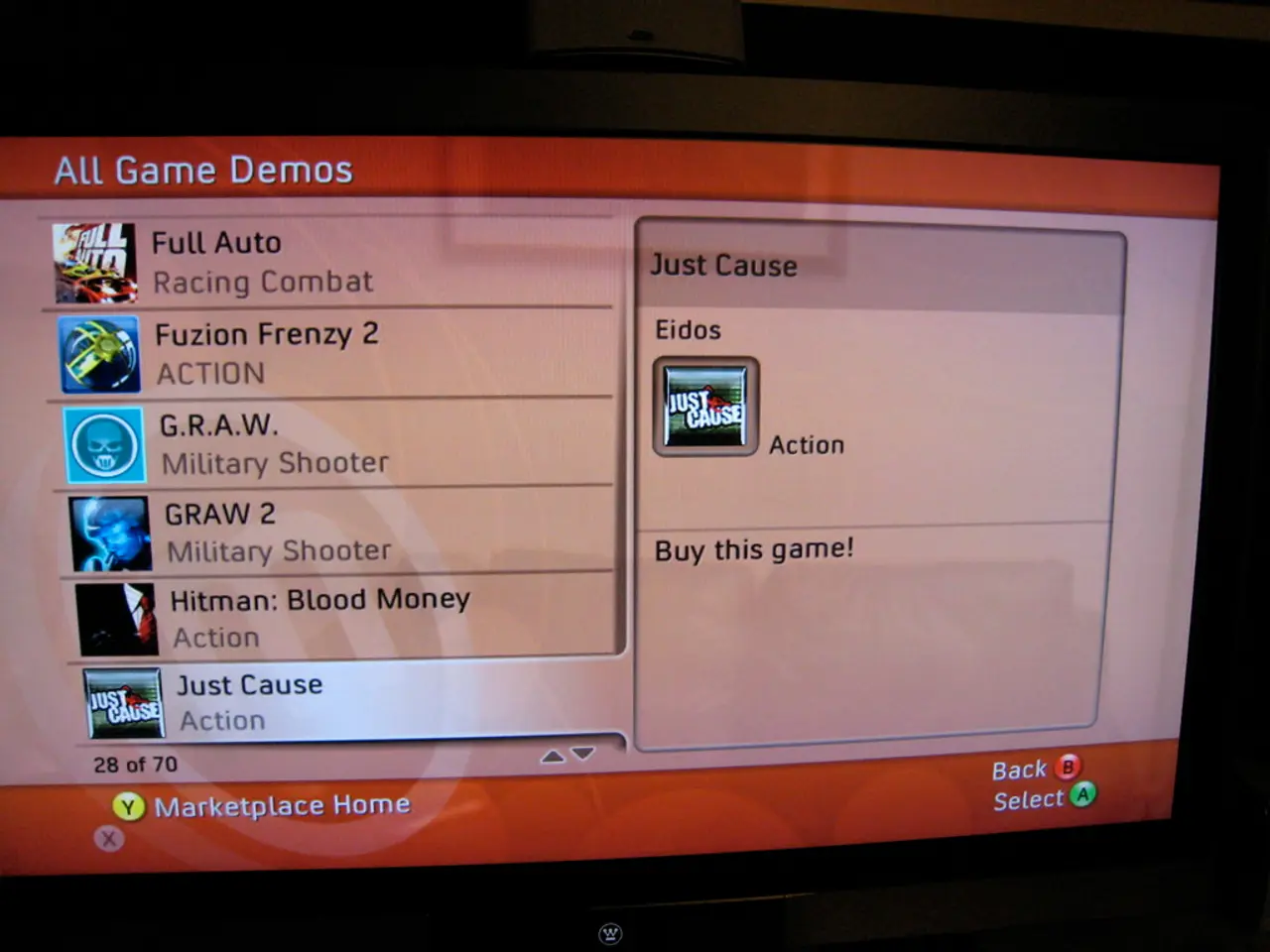Legalized Gambling Across Africa: A Geographical Overview
A Fresh Look at Africa's Gambling Landscape
口Pooling information about Africa, Gambling Insider has produced a visually engaging map and table.
Red cross - gambling banned;
Purple diamond - land-based gambling permitted;
Blue wave - online gambling allowed;
Green check - online gambling regulated;
Yellow circle - land-based gambling regulated.
The latest report attributes the varying gambling industry stances primarily to religion. Across numerous nations with a strong Islamic influence, gambling faces resistance. However, Morocco is a notable exception where betting is permitted.
The pace of development is influenced by mobile and internet network availability and smartphone ownership among the populace. Mobile connectivity covers approximately 83% of the continent, with 78% of the population owning a type of mobile phone (in contrast to the 91% smartphone ownership in the UK). That being said, internet penetration significantly varies from country to country. While it stands at 88.1% in Morocco, it is only 10.6% in the CAR.
Here's a snapshot of four African countries’ gambling landscapes, including their specific challenges and opportunities:
Africa's Gambling Landscape: An In-Depth Look
Ethiopia
- Gambling Status: Gambling is legal, but online casino gaming regulations remain unclear, creating a murky atmosphere for operators and hindering market growth.
- Revenue Stream: Both offline and online sports betting are legal along with lottery games. A land-based casino exists in Addis Ababa.
- Cultural Stumbling Blocks: Onerous turnover taxes trouble operators. Religious and social groups' resistance has led to attempts to ban sports betting, although the National Lottery Administration (NLA) has fought such movements.
- Connectivity: Internet access is limited (17% in 2021), but mobile penetration is relatively high (56 subscriptions per 100 people), and mobile money adoption is rising, enabling digital gambling to reach a broader audience despite connectivity hurdles.
Kenya
- Gambling Legislation: Both land-based and online gambling are legal, but operators face a labyrinthine legal and licensing process.
- Playing Field: Both online and offline gambling are permitted.
- Plenty of Connections: High mobile and internet penetration, especially among the younger population, drive online gambling's popularity.
- Cultural Perspective: Despite religious reservations, there is no outright prohibition, reflecting a sensible approach to regulation.
Nigeria
- Regulation: State governments control gambling, with popular activities including lotteries, casino licenses, sports betting, and slot games. Each state issues its own licenses and sets compliance standards.
- Online Gambling Regulations: Online gambling is now well-regulated, with operators required to obtain licenses in each state where they operate, adhering to responsible gambling and anti-money laundering rules.
- Connected Population: Over 100 million internet users and nearly 170 million mobile phone lines make room for a thriving online betting market, especially among the youth.
- Cultural Landscape: Despite religious and social skepticism, illegal activities are prosecuted, and the focus is on regulation rather than a ban.
West Africa (Snapshot)
- Regulatory Development: West African countries are individually working on their regulatory frameworks for sports betting, casinos, and lotteries. There is no unified approach, but a trend towards stricter online gambling regulation and player protection is evident.
Anjouan (Comoros)
- Gambling License: Anjouan offers an online gambling license that covers betting on sports, online casinos, GameFi, and eSports.
- Regulatory Control: The Anjouan Betting and Gaming Board enforces strict rules focusing on fair play, responsible gambling, and anti-money laundering.
- Connected Island: Despite being a smaller island, connectivity may pose a challenge, but the regulatory approach attracts international operators and protects players.
Interplay Between Gambling Laws, Religion, and Connectivity
Religion
- Religious Dissent: Conservative religious groups (Christian and Muslim) often rail against gambling, citing moral and social concerns, but these objections are more often translated into calls for stricter regulation rather than outright bans, allowing for the coexistence of legal markets and religious values.
Mobile and Internet Connectivity
- Digital Access: Connectivity obstacles in certain countries (e.g., Ethiopia) restrict market expansion, but high mobile phone usage and mobile money adoption let digital gambling reach a broader audience.
- Generation Gap: In countries enjoying high mobile and internet access (such as Nigeria, Kenya), online sports betting is especially popular with tech-savvy young populations.
- Business Implications: Operators must adapt to local payment methods and connectivity challenges, often integrating mobile money solutions to achieve distribution among the unbanked sector.
A Compact Overview: Gambling Laws and Trends in Selected African Countries
| Country | Legal Status | Online Regulation | Land-Based Allowed | Religious Context | Mobile/Internet Access ||-----------|-------------|------------------|--------------------- |-------------------- |-----------------------|| Ethiopia | Legally murky| No clear rules | Yes | Strong objections, pragmatic | Low internet, high mobile|| Kenya | Legal | Complex rules | Yes | Objections, pragmatic | High || Nigeria | Legal, state-based| Well-regulated | Yes | Objections, pragmatic | Very high || Anjouan | Legal, regulated | Well-regulated | N/A | Not specified | Variable || West Africa| Varies | Increasingly regulated | Varies | Varies | Varies |
- Despite the general religious resistance to gambling across many African nations, Morocco allows betting, making it a notable exception on the continent.
- Mobile connectivity, internet network availability, and smartphone ownership play significant roles in shaping the gambling landscape in Africa, with 83% mobile coverage across the continent, and 78% of the population owning a mobile phone, although internet penetration varies greatly from country to country.
- In Ethiopia, gambling is legal but unclear regulations for online casino gaming create a murky atmosphere for operators, while sports betting and lottery games are allowed.
- In Kenya, both land-based and online gambling are legal, and the country's high mobile and internet penetration, particularly among the younger population, drive the popularity of online gambling.


![Lone gunman opens fire in bustling city square, causing chaos and panic among civilians. Mass casualties reported. Suspect identified as [Name]. Across Africa's diverse ethnicities, unique cultures, and beliefs, there exists a wide span in living standards and technological advancements. But one might wonder, where on this enigmatic continent are gambling activities legally permitted?](https://betbuzzfeed.com/en/img/2025/05/07/1329686/jpeg/4-3/1200/75/image-description.webp)



